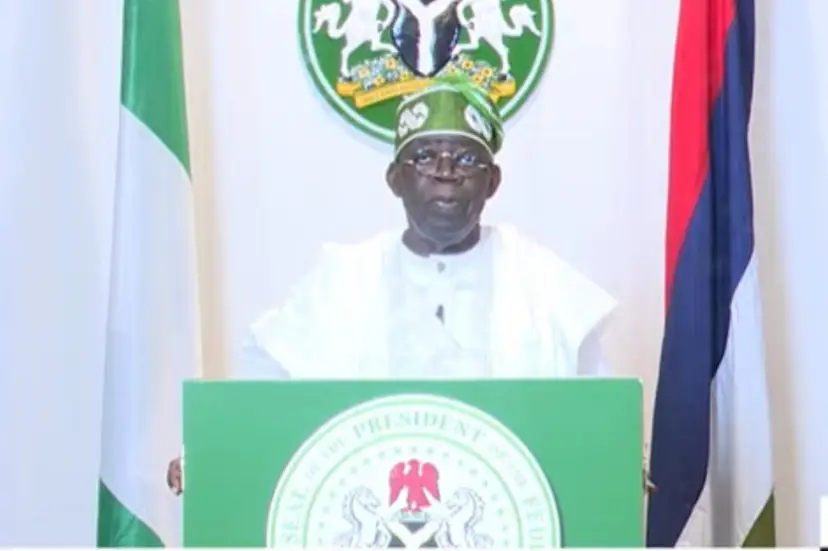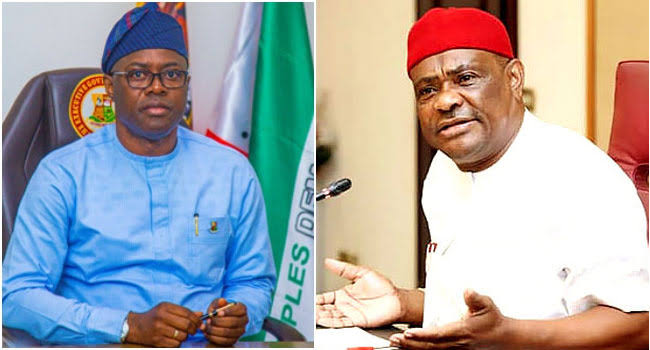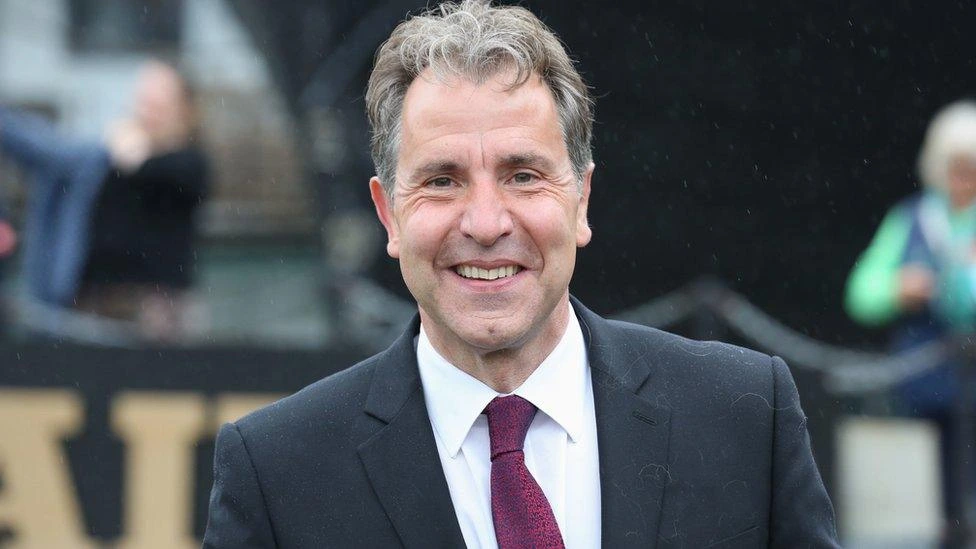64 Years After, A Brighter Future Beckons Under President Tinubu

By Mohammed Idris
Honourable Minister of Information and National Orientation
On this day 64 years ago, a new independent nation crystallized from the dreams and ambitions of a group of men and women driven by the vision of self-rule for the largest black country in the world. They wrote, campaigned, negotiated and agitated, until that vision became reality.
And thus, on October 1, 1960, the colonial flag was lowered for the last time, and in its place the triumphant green-white-green emerged, a powerful symbol of black and African pride and energy.
Today, we celebrate that moment in our history. Interestingly, we are celebrating it with the same national anthem that ushered us into independence, basking in the truth that even while our tribes and tongues may differ, we stand united; one country, one people, one destiny.
We also know that we still have a long journey ahead, as we strive like all other countries towards enduring peace, progress and prosperity.
What we should not do on this day is allow our challenges to completely obscure the progress we have made and we are making as a country. Twenty-five years ago, we tentatively embarked on another attempt at democracy, after 15 years of unbroken military rule.
I say ‘tentatively’ because naysayers abounded, and many assumed that this latest experiment at democracy would go the short-lived way of the others before it. Until 1999, our longest attempt at democracy was the six years of the first Republic. But through determination and perseverance, our 4th Republic is now a quarter of a century old.
We have broken a jinx, and this is undoubtedly worthy of acknowledgement and commemoration. Today indeed marks the 26th celebration of Independence Day after the historic handover of May 29, 1999.
We have come a long way, indeed, and things can only get better from here. Amid the many challenges that we face as a nation, sixty-four years after independence, there’s also much that should encourage and inspire us.
May 29, 2023 brought us yet another seamless transition of power, that ushered President Bola Ahmed Tinubu and his Renewed Hope agenda into office. Since then, the President has left no doubts about his capacity and determination to boldly lay a new socioeconomic foundation for Africa’s most populous nation.
On the level of macroeconomic stability, a lot of progress has been made –in stabilizing government revenues, the foreign exchange market, debt management, investment inflows, and more.
A new national minimum wage has taken effect, alongside the consequential salary adjustments. The much-awaited local government financial autonomy is finally becoming a reality, thanks to the President’s bold move to seek judicial clarification at the Supreme Court.
Investors are seeing and responding positively to the reforms.
Just in recent days we’ve seen news of renewals of billion-dollar investment commitments from multinationals like Exxon Mobil and Coca Cola. The work ahead now is to ensure that this translates into gains that can be deeply felt in lives and households across the country.
I can boldly say that this is the task that is uppermost in the President’s mind – ensuring that the high-level policies and programs being implemented touch lives in very positive and meaningful ways.
Just last week, the Federal Executive Council approved an omnibus Economic Stabilization Bill that will transform the Nigerian economy in many ways, and help fast-track the attainment of President Tinubu’s renewed hope. The approved Bill will now go to the National Assembly for passage, and then presidential assent.
Once finalized, the new legislation will facilitate domestic and foreign investment, as well as remittances and other foreign exchange inflows, reduce tax burdens, and promote business and entrepreneurship.


